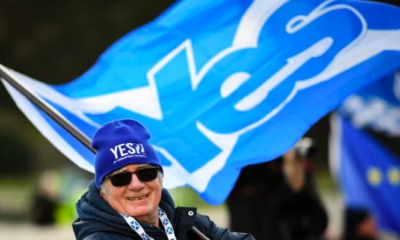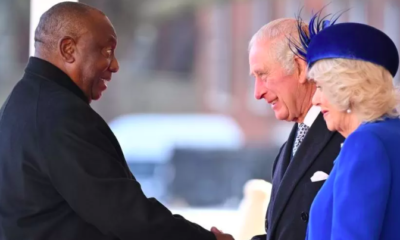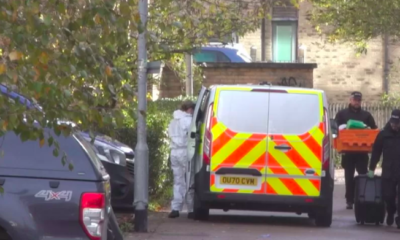
The European Parliament has ratified the post-Brexit EU-UK trade deal – a key move to ensure that tariff-and quota-free trade continues.
The Trade and Co-activity Agreement (TCA) has been working temporarily since January. MEPs casted a ballot in favor by 660 votes to 5, while 32 went without. The UK’s central mediator, Lord Frost, said the vote “brings conviction and permits us to zero in on what’s to come”. Head administrator Boris Johnson talked about a “last advance in a long excursion”. The economic accord gave “dependability to our new relationship with the EU as imperative exchanging accomplices, close partners and sovereign equivalents”, he said. The outcome, declared on Wednesday after a vote late on Tuesday, was likewise invited by European Commission President Ursula von der Leyen.However, the parliament’s Brexit Co-ordinator, Guy Verhofstadt, responded by portraying the arrangement as “a disappointment for the two sides, however better than nothing”. Master Frost’s contrary number in the Brexit talks, Michel Barnier, was likewise not exactly complimenting. “This is a separation. It is an admonition, Brexit. It’s a disappointment of the European Union and we need to take in exercises from it,” he revealed to MEPs.Brexit pressures remain, including a French danger of “retaliations” against the UK over new fishing limitations. Northern Ireland exchange is additionally a prickly issue. Under a different convention, Northern Ireland stays true piece of the EU’s single market, so merchandise showing up there from Britain need to go through EU checks. Since Brexit there has been some disturbance to that exchange. The TCA covers EU-UK exchange merchandise, yet not administrations. The UK economy is overwhelmed by administrations – areas like banking, protection, publicizing and legitimate advice.The TCA has still brought about more desk work, additional expenses and less exchange between the different sides, since the UK left the EU. Among the spaces not covered by the arrangement are international strategy, monetary administrations and understudy trades. Before the MEPs’ discussion began on Tuesday, French Europe Minister Clément Beaune blamed the UK for impeding fishing rights. He said the EU could react with “retaliations” in monetary administrations. “The United Kingdom is anticipating many authorisations from us for monetary administrations. We will not give any however long we don’t have ensures on fishing and different issues,” he said on French news channel BFMTV. French anglers have grumbled of being kept from working in British waters in light of challenges in acquiring licenses. Then, British fish exporters have been hit by an EU restriction on UK fares of live shellfish. Scottish firms represent the greater part of that business, and some presently face breakdown.
Brexit likewise implies:
- Cover free development of residents between the UK and EU does not make a difference anymore. Business voyagers needn’t bother with a visa for short outings, however specialists and entertainers are not covered – along these lines, for instance, British musical crews face organization for gigs in the EU
- The privileges of the approximately 1,000,000 UK residents living in the EU, and of EU residents in the UK, are ensured under the TCA. However, the UK residents face fluctuating cutoff times for getting home rights; for the 3,000,000 EU residents in the UK the cutoff time for applications is 30 June
- Government endowments are presently under exceptional examination on the two sides, as the EU demands a “level battleground” in exchange. Courts should choose in situations where appropriations are supposedly unreasonable. UK monetary administrations, not covered by the TCA, face new EU organization – so numerous City banks have expanded their EU-based activities.





































































































































































































































































































































































































































































































































































































































































































































RSS